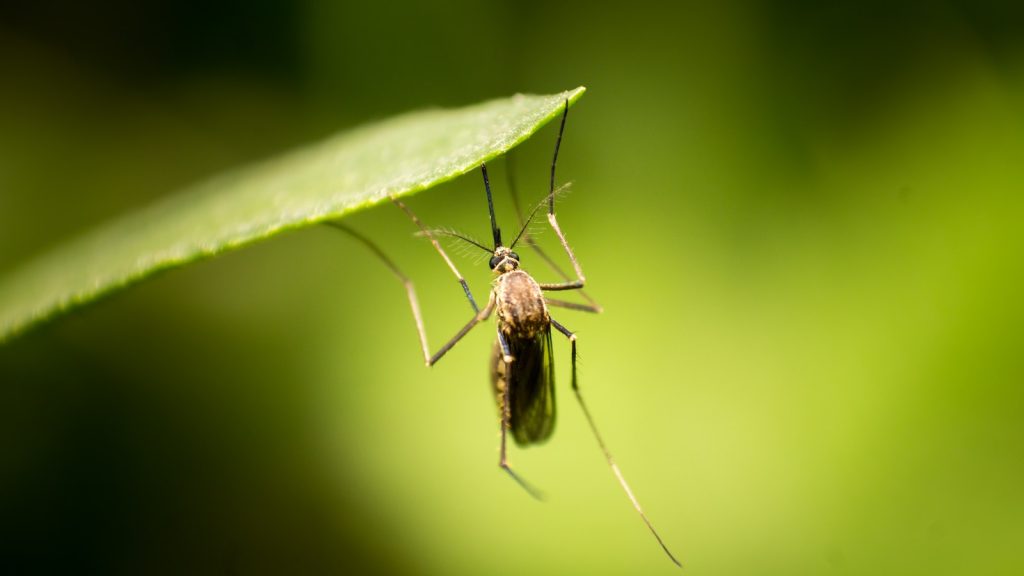Ottawa resident dies following Triple E infection

Posted Sep 12, 2024 11:28:24 AM.
Last Updated Sep 12, 2024 04:13:29 PM.
Ottawa Public Health (OPH) has confirmed a death due to eastern equine encephalitis virus (EEEV), commonly known as Triple E and EEE.
In a City of Ottawa press release, OPH say the Ottawa resident died in August of this year due to “viral encephalitis.”
A laboratory confirmed a positive test in the individual for EEE.
According to available data, this is the first confirmed human case of Triple E in Ottawa. However, the release says the virus isn’t a reportable disease in Ontario.
Triple E cycles between birds and is most often identified in mosquitoes once the insect feeds on the bird. On rare occasions, the disease is transferred to humans through mosquito bites.
EEE is a concern in humans as it can cause “serious neurological disease and even death.” OPH is urging residents to protect themselves against mosquito bites to reduce the risk from EEE and West Nile.
Triple E also spreads to horses, but vaccinations can protect large animals.
How to protect yourself against eastern equine encephalitis virus
The City of Ottawa is recommending the following steps to protect yourself from mosquito bites in general:
- Applying a Health Canada-approved mosquito repellent containing DEET or icaridin to exposed skin and clothing (avoid applying DEET to synthetic fabrics)
- Protecting yourself when mosquitoes are active, especially between dusk and dawn, and any time you are near shady hedges or bushy or wooded areas
- Wearing light-coloured, tightly woven, loose-fitting clothing, such as long pants, a long-sleeved shirt, shoes and socks, to protect exposed skin
- Make sure all windows and doors in your home have screens that are in good condition
According to the OPH website, only three cases of EEEV in Ontario have been reported as of 2023.
How to know if you might have Triple E
There are several ways to identify symptoms of EEEV that appear four to ten days following an infected mosquito bite. Those symptoms are:
- High fever
- Stiff neck
- Headache
- Lack of energy
The OPH website states that encephalitis—the inflammation and swelling of the brain—is the most frequent and dangerous complication caused by the virus.
A blood test is the primary method for diagnosing eastern equine encephalitis, according to the Centers for Disease Control and Prevention’s (CDC) website.
The CDC says “there is no specific treatment for eastern equine encephalitis”. Doctors monitor patients closely for any severe complications.
The recommendation is to contact your doctor if you suspect a potential Triple E infection.
For more information on eastern equine encephalitis, visit the OPH website here.








